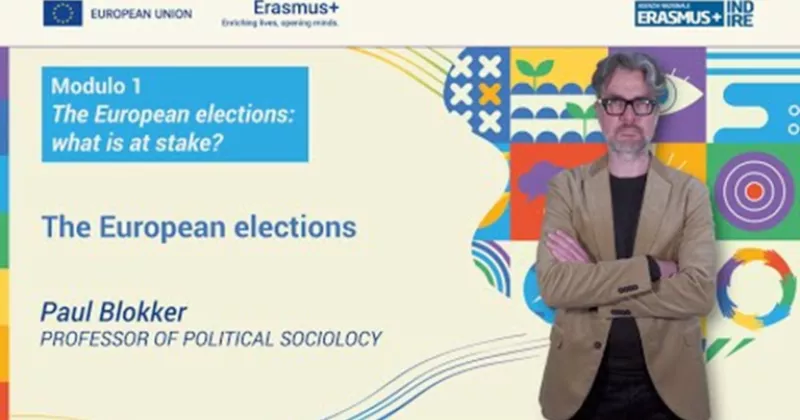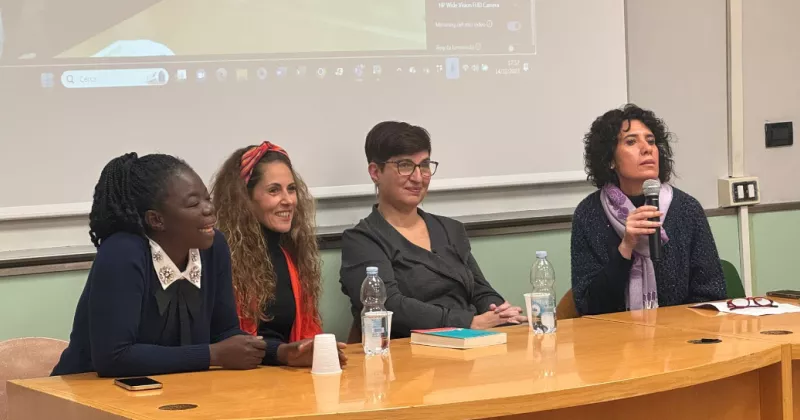Conditions and the process of workplace learning. Episode 5: repetition and training in the maintenance of knowledge and abilities


"Being able to repeat verbal information or a physical activity is an important part of memorising or learning (think about athletes or musicians who indefatigably repeat the same exercises). "[1]
Learning through work and through work-related activities is often spontaneously associated with experience, and as such is considered throughout its duration. 'If at first you don't succeed, try, try, try again' is a proverb which helps to explain our interpretation of the learning process. For this reason, the tutor or apprentice master has different actions repeated again and again, in what could be described as the training of new employees.
Repetition and training play their part in the acquisition and development of knowledge and abilities, as well as in the maintenance and management of existing knowledge and abilities, which is less well taken into account. The potential for the acquisition and maintenance of the knowledge and abilities required for a work situation therefore also forms part of its potential for repetition and training. In fact, in the case of the maintenance of knowledge and abilities, we tend to forget that the memory also contains the function … of forgetfulness. Knowledge and abilities which are not used, or which are no longer required, may lapse. However, it seems that at work it is taken for granted, by employers and supervisors just as much as by the employees themselves, that a knowledge or ability, once acquired, remains constantly available, useful and efficient.
As has been seen in the previous theme of feedback, the subject is broader and more complex that is generally believed. In addition, whereas the aspect of repetition and practice is clearly recognised and accepted in sport or music, or even when carrying out certain actions (the concrete gestures which implement a task), it is often less well accepted or taken into account at work, especially for the more cerebral aspects of work, or more complex and cognitive actions.
At work, the most complex situations - those which require the greatest knowledge and reasoning or diagnostic ability, including that of interpretation and the search for solutions - are rarely the most common. In addition, when these situations arise, it may happen that those who could deal with them have to pass them on to others, who are more specialised, or who are considered to be more competent or faster. Here too, there is a risk of allowing knowledge and abilities to lapse.
In the systems known as 'high risk', employees are regularly subjected to training for situations which (fortunately) they do not have to experience in the course of their daily work. Nonetheless, they must be able to prepare for them, to be familiar with them, or to face them, if they are to be ready to deal with them, should they arise. Simulation systems are widely used today for this, as well as more or less full-scale on-the-spot alerts or emergency exercises.
The practices and habits of the organisation of work, for reasons of efficiency, lead to its distribution, and the allocation of tasks and situations, according to the professionals' estimate of the level of competence. Those who are considered to be the most competent at a type of task or situation are assigned to carry it out. In this way, some people have frequent opportunities to exercise their abilities, and to use and refresh their knowledge, while others do not. A vicious circle is created by this type of practice, because the less staff are asked to carry out certain tasks, the less opportunity they have to learn how to do them, and the more they are afraid to attempt them. Indeed, very often, staff are aware of a risk to, or an effective loss of, their skills.
Beyond a certain threshold, training courses are no longer sufficient to compensate for the lack created by the effects of these choices of the organisation of work.
[1] Françoise Cordier & Daniel Gaonac’h, 2009, Apprentissage et mémoire. Editions Armand Colin.




